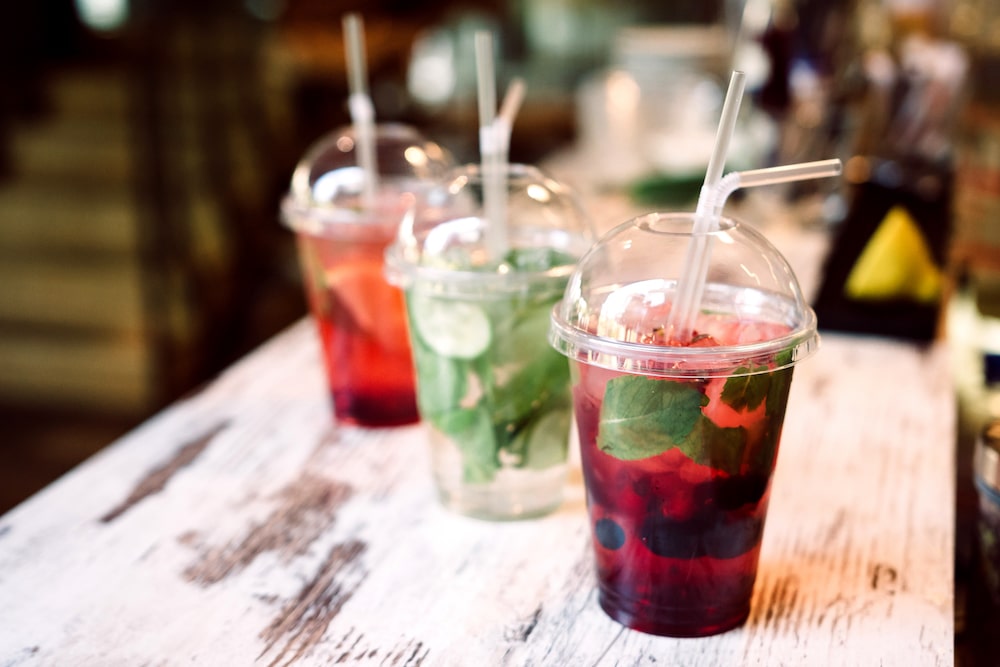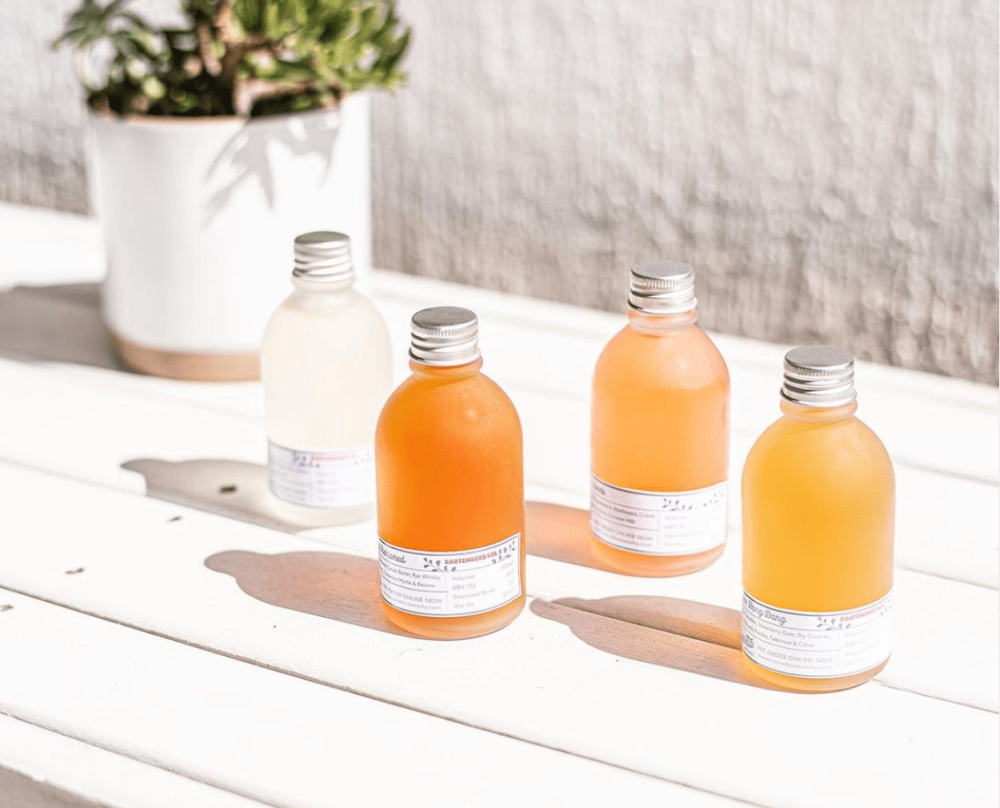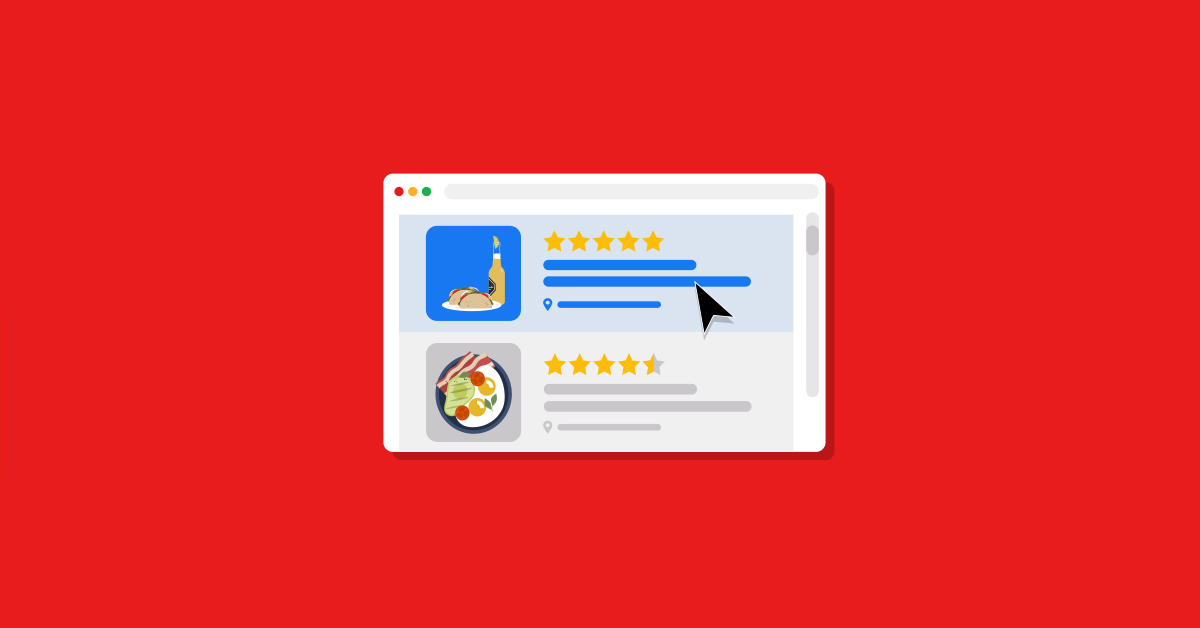
Towards the end of 2021, the NSW Government announced that the temporary takeaway alcohol laws introduced during the pandemic would be made permanent. The hospitality industry has welcomed this move – particularly bars that were hit hard during lockdowns and continue to suffer during the latest Omicron wave.
The permanent adoption of this initiative is expected to provide an additional $3.1 billion to the NSW economy over the next ten years.
NSW Treasurer, Matt Kean, welcomed the move. “We know the pandemic has spurred new ways of living, working and playing, and the planning system must support those shifts and allow our communities to live better lives.”
While the newly permanent takeaway alcohol laws are a step in the right direction, it’s crucial for venues to weigh up the pros and cons of how introducing takeaway alcohol will impact their business, staff and customers.
To help venues understand if takeaway alcohol is the right solution for them, we’ve explored the main benefits and challenges and chatted to a local business owner for an inside take on how the laws have impacted his business for the better.
Bar Business Plan Template
This easy-to-use business plan template is designed to help aspiring bar owners set their plans into motion. Download now to start working on your business plan.
A quick recap: what does the law say?
The Liquor Act 2007 regulates and controls the sale and supply of liquor in New South Wales and prior to 2020, the law prohibited hospitality businesses from selling any form of takeaway alcohol.
However, in 2020 during the Covid-induced lockdowns, the NSW Government relaxed takeaway alcohol laws to help businesses, particularly bars, who were financially struggling.
The relaxed rules allowed low-risk licensed venues, including restaurants and cafés, to sell takeaway and home delivery alcohol under the Liquor Act 2007, subject to limitations including purchase with a meal and restrictions on the amount of alcohol purchased.
These changes proved to be a hit with both businesses and customers.
As a result, the temporary change has been made permanent and hospitality businesses in NSW can continue to serve takeaway alcohol to their customers.

Takeaway alcohol: the challenges
As with any business decision, it’s important to evaluate any potential risks or hurdles before you implement any changes. Therefore, before we dive into the benefits of takeaway alcohol, it’s first important to outline the challenges that you may encounter.
Impacting the in-venue experience
One concern of implementing takeaway alcohol is that it may detract from the in-venue experience.
We spoke with Kurtis Bosley, owner of Corretto in Dee Why and Banco in Manly, about his experience of introducing takeaway alcohol, and the importance of creating products that won’t harm the in-venue experience.
“We didn’t want people to get too comfortable with us just doing takeaway, because that’s not our business model. And that’s not what we wanted to do when we came out of lockdown.”
“We completely rebranded as Beach House by Corretto, which opens us up to doing everything based around that takeaway model that’s a little bit more fun and it was a new brand that people got excited about,” explains Kurtis.
By differentiating your takeaway alcohol offering from your in-venue experience, like Corretto, it helps to create a hybrid business model with complementing, rather than cannibalising, sectors.
As a result, customers know what to expect from both your in-house and takeaway experience – and while they’re both different they’re still grounded in your brand and ethos.
“Corretto is back up and running and Beach House is now an online model which does all the takeaway, but it also doesn’t hurt the dine-in experience.”
Restaurant Employee handbook
Standardize your restaurant's policies, guidelines and processes with your custom restaurant employee handbook.
Nailing the finer details
There’s a lot to think about when it comes to producing and selling takeaway alcohol, particularly bottled cocktails. Understandably, many businesses will have reservations about the logistics of producing takeaway alcohol and the finer details of what this entails.
“It’s not just about chucking things into a bottle or can – it becomes a takeaway product which has its own rules and regulations and laws around it,” explains Kurtis.
“This was a learning curve for us – you can’t just give things out with a Corretto sticker and be like there you go. We have to work out the exact abv, every ingredient and every allergy. As a bar we don’t usually do these things, it’s all stuff we’ve picked up along the way.”
“There’s lots to consider – like where to buy bottles, where to find a label maker, where to find stickers, how to design up a sticker and where to order it from.”
As with any new venture, there will be additional challenges that crop up along the way and this is something to take into account before embarking on your takeaway alcohol journey.
Liquor Licensing
While selling takeaway alcohol is legal and has been adopted by venues throughout the country, there are still strict guidelines that businesses must follow and this can prove to be a challenge.
“Once we started to get a little bit busy with our takeaway cocktails we caught the attention of licensing and police. We even had undercover regulators come in,” explains Kurtis.
“It was quite frustrating as there’s only so much control you can have over people. We had all the social distancing in place, following the regulations, and had everything right with our labelling.”
“We can only control people so much… but if they’re going over to the park and drinking, that’s really hard for us to control.”
“We’re not security, we’re not police, we’re bartenders and waitstaff. Having to think about how people are drinking and where they’re drinking, that’s nothing we’re trained on – that became quite difficult and added a lot of stress for the staff.”
It’s also essential for businesses to ensure any takeaway alcohol is contained in closed bottles or containers to comply with the regulations.
“We created drinks in a way that reduces the ability to drink and go. So no straws, no cups, no ice, everything was in closed packages.”

Source: Corretto
Takeaway alcohol: the benefits
Now we’ve outlined some of the challenges, it’s time to explore how takeaway alcohol can benefit your business.
Extra source of revenue
When done well introducing takeaway alcohol can provide an extra source of long-term revenue for your business.
As we touched on earlier, the legendary Northern Beaches bar and restaurant, Corretto, was completely rebranded to Beach House by Corretto during lockdown. This enabled the business to quickly pivot to a takeaway only model that was fun and exciting for customers.
“By creating something new and exciting people wanted to check it out, and a big part of that was doing takeaway cocktails,” explains Kurtis.
Because Kurtis and the team took the time to invest in, and perfect, their takeaway products and marketing, they now have an additional revenue stream for their business that they plan to operate and grow into the future.
“Because we did that [Beach House] with a lot of nice marketing, we’ve been able to hold onto it as a new revenue stream now that everything is back open.”
Customer appeal
While many Australians embrace a return to their favourite bars, nearly two years of restrictions has led to a cohort of cautious customers who prefer the convenience of enjoying their favourite tipple at home.
Recent research by the Restaurant and Catering Association (R&CA) found that takeaway sales made up only 8% of total hospitality sales, prior to covid. Naturally, this grew to 100% of sales during lockdown, when businesses were limited to takeaway only.
However, now that lockdowns have ended takeaway sales account for around 30% of total hospitality sales – emphasising a clear shift in customer behaviour.
A recent OpenTable survey found that 79% of Aussies wanted venues to continue to offer takeout and delivery services. Therefore, this growing appetite for takeaway drinks and food highlights how customers are starting to expect takeaway options from their favourite bars and restaurants.
Shift stock to boost profits
Creating a selection of takeaway alcoholic drinks can help to shift unused stock to increase profits.
“It’s also a way to move stock,” comments Kurtis. “If you’re looking at it from a business perspective, it’s really smart because we have bottles on the backbench that haven’t been touched in a few months, so this was a great opportunity to create a cash flow from something that was essentially dead stock or $0 dollar.”
2024 Report: Hospitality Insights and Dining Dynamics
A survey of Australian hospitality operators and consumers reveals in-depth insights on dining trends, the financial shifts in Australia, restaurant technology and what to watch in 2024.
Is takeaway alcohol the right solution for your business?
While the relaxing of takeaway alcohol laws is a step in the right direction, it’s important to evaluate both the pros and cons of implementing takeaway alcohol for your venue.
However, with recent data pointing towards an increase in customer appetite for takeaway options, adding takeaway alcohol to your offering will open up an additional revenue stream that will complement your in-venue offering and experience.

News you care about. Tips you can use.
Everything your business needs to grow, delivered straight to your inbox.


